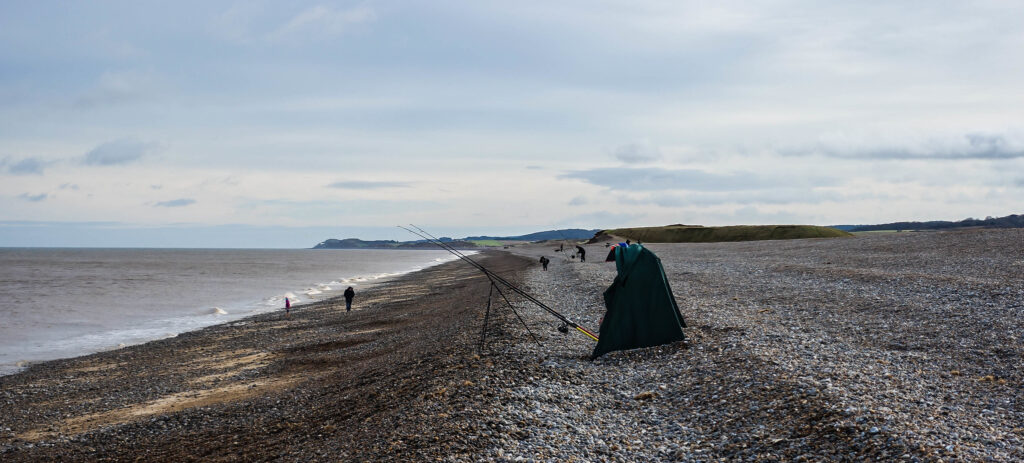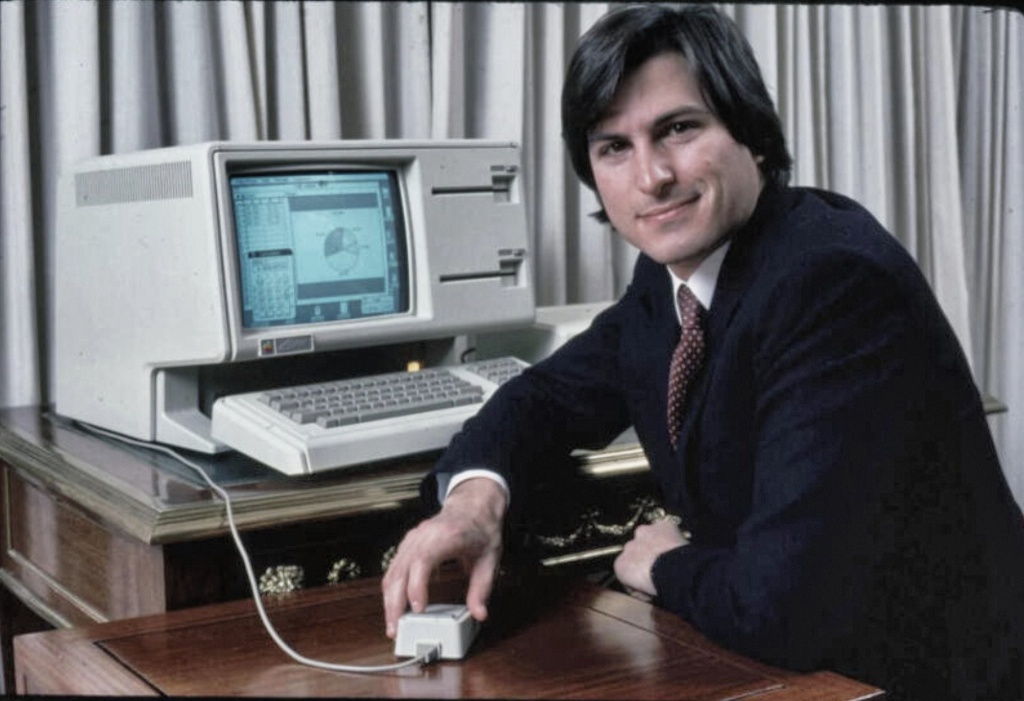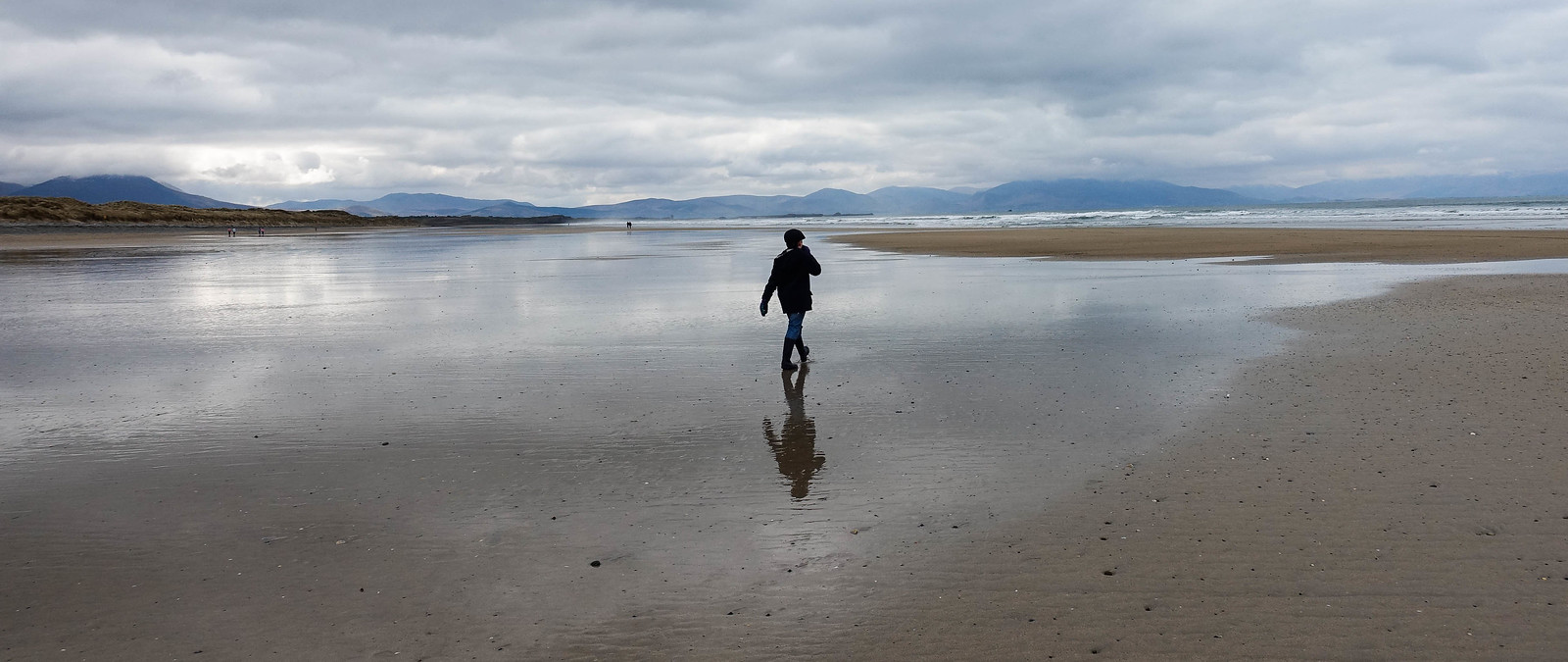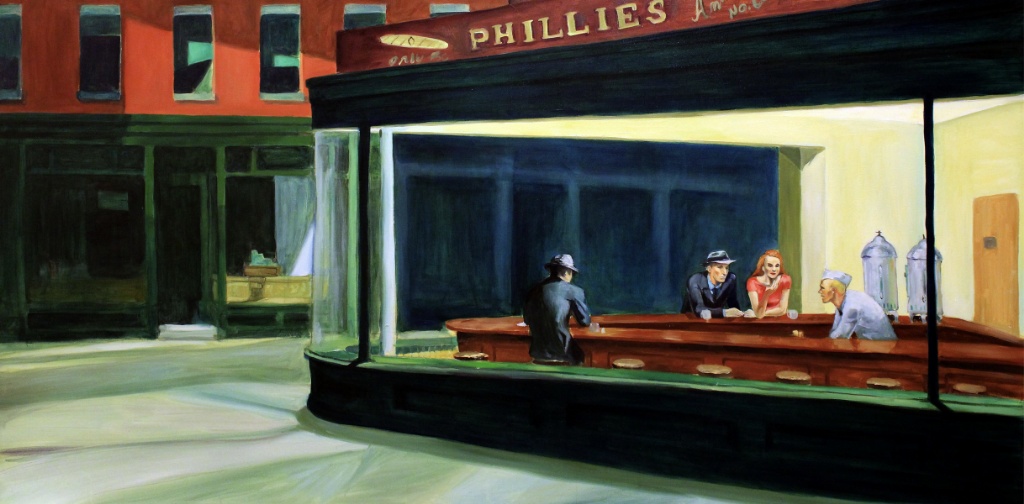Angling…
… for something.
On Cley beach in Norfolk. For them, patience is clearly a virtue.
Quote of the Day
”Obscenity is what happens to shock some elderly and ignorant magistrate.”
- Bertrand Russell
Musical alternative to the morning’s radio news
Don McLean | American Pie (Live in Austin)
Long Read of the Day
Secretary jobs in the age of AI
Terrific Long Read by Hollis Robbins, who is the Dean of Humanities at the University of Utah, and has studied organisation theory and bureaucracy. In this post, she predicts that secretaries could be in demand in the AI-driven future — not as old-style administrative assistants, but as confidantes and advisors. She starts by pointing out that the term ‘secretary’ literally means ‘person entrusted with secrets,’ from the medieval Latin secretarius, the trusted officer who writes the letters and keeps the records. The secretarial role as originally conceived was therefore far more central than the 20th-century role implied. In some ways, maybe one could think of Thomas Cromwell as Henry VIII’s secretary.
I have been thinking about the “keeper of secrets” aspect of the old-school secretary now that ChatGPT is being touted as the final answer to a cheap, reliable assistant available to all, from job seeker to CEO. Indeed, ChatGPT is a kind of assistant, the way Google is, but let’s separate the assisting tasks from the assistant position, which is, still, woefully low paid. The general idea is: why hire a person when you’ve got an answer machine in your pocket? Not only is ChatGPT cheaper (even when it stops being free) but the very concept of ‘assistant’ is vexed, particularly among assertive Gen-Z and Millennial women who are expecting to start at the top.
And yet I predict that ChatGPT is going to drive a comeback of the “keeper of secrets” role, paid well to screens calls and emails, who will make whoever can afford a good secretary much more efficient. If you’re in a role of any importance, you’re going to be flooded with AI-written communication, much of which will be incorrect. You’re going to need to hire someone with a head of their shoulders to sort through it. Why not a secretary, if a culture shift could bring back both the job and title?
Interesting throughout.
Speaking truth to power
The UN Secretary-General, António Guterres, excoriated his audience at the Davos gabfest on Wednesday.
“Today, fossil fuel producers and their enablers are still racing to expand production, knowing full well that their business model is inconsistent with human survival,” said Guterres. “This insanity belongs in science fiction, yet we know the ecosystem meltdown is cold, hard scientific fact.”
Guterres highlighted evidence published last week that detailed the precise climate change predictions made by scientists working for ExxonMobil as far back as the 1970s.
”Just like the tobacco industry, they rode roughshod over their own science,” he said, and now the world is on track for a ‘devastating’ 2.8 degree increase in temperature.”
The world’s largest financial institutions and asset managers — many of whom are also on the guest list — are collectively still pouring hundreds of billions of dollars into companies producing and burning fossil fuels, according to a report published by NGOs on Tuesday, despite pledging to align their investments with a world of net zero emissions by the middle of this century.
Those findings echo the criticisms made last year by a task force launched by Guterres to hold corporate actors to account for their pledges.
”More and more businesses are making net zero commitments,” he said. “But benchmarks and criteria are often dubious or murky. This misleads consumers, investors and regulators with false narratives. It feeds a culture of climate misinformation and confusion. And it leaves the door wide open to greenwashing.”
Yep. Wide open.
Lisa’s 40th birthday
Photo by Ted Thai
Yesterday was the 40th anniversary of the unveiling of the Apple Lisa, the precursor of the Macintosh. Ars Technica has a nice piece about it.
I was fascinated by the Lisa from the word go, and managed to persuade Apple UK to lend me one so that I could show it to my academic colleagues. When I set it up in a seminar room in my department the place was packed with curious — and, I have to say — some sceptical observers. The really interesting thing (for me) was that it was the administrators who were most wowed by it. And it meant that from the moment the Macintosh arrived they were the ones who were keenest to have one. For at least one of those present it was a life-changing moment — a revelation of what computing was really for. And of what it could do for non-techies.
Books, etc.
I’m still reading my way through Alan Rickman’s Diaries. I can see why actors everywhere have been wowed by it, because it captures the kind of lives they have to live if they are successful. Endless travel; insecurity (they’re sensitive about bad reviews (like everyone else); they lunch, dine and (it seems) drink too much; are constantly battling exhaustion, not to mention fanatical or obtuse film directors. And, it seems, have very little time to do much thinking.
My commonplace booklet
 Two replies to my question of what did people see in it.
Two replies to my question of what did people see in it.
-
Keith Devlin (Whom God Preserve): “A startled dog”.
-
Chris McLarty: “The face that looks surprised to see you?”
Thanks to both. I’m with Chris, I think.
This Blog is also available as a daily email. If you think that might suit you better, why not subscribe? One email a day, Monday through Friday, delivered to your inbox. It’s free, and you can always unsubscribe if you conclude your inbox is full enough already!











